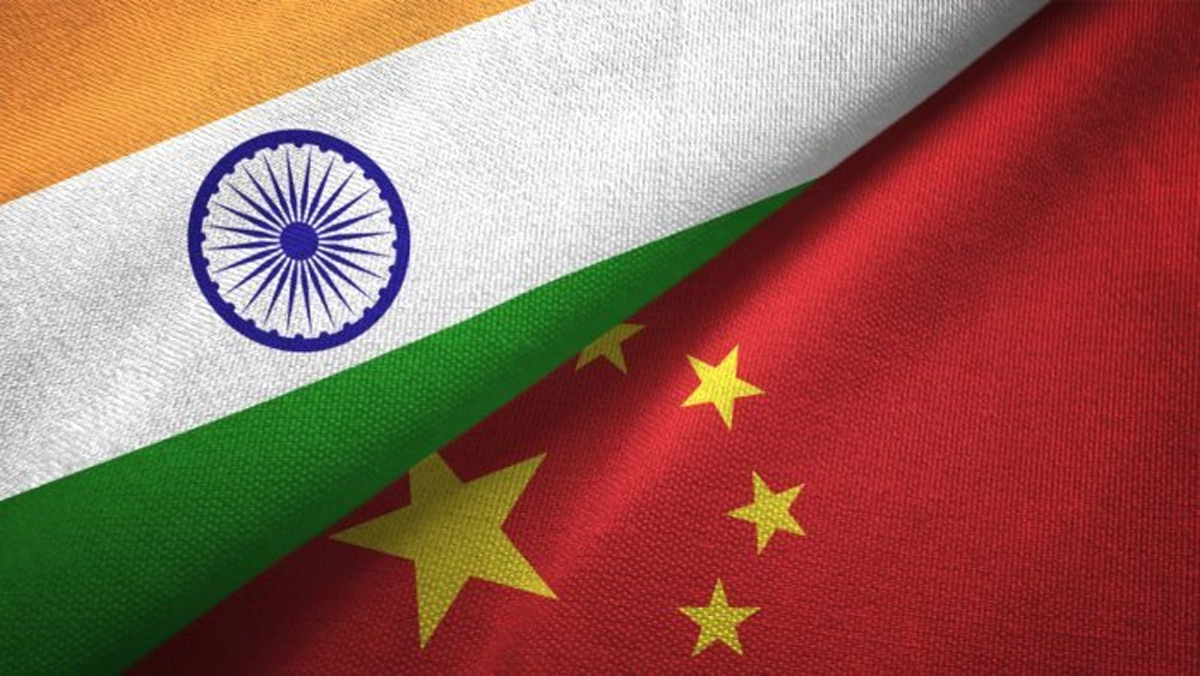BEIJING, Jan 4 : India has emerged as a “major power” by achieving outstanding results in economic development and social governance and its transformation as a stronger, assertive country has made it a “new geopolitical factor,” according to a commentary by a Chinese scholar in a state-run newspaper here.
Writing his impression based on his two recent visits to India, Zhang Jiadong, the Director of the Centre for South Asian Studies at Fudan University, said he has found “India’s domestic and foreign situation have changed tremendously compared to four years ago”.
“What I feel about the ‘Bharat narrative’ in India” Zhang said while India has always considered itself a world power, “it has only been less than 10 years since India shifted from multi-balancing to multi-alignment, and now it is rapidly transforming toward a strategy of becoming a pole in the multipolar world,” he says in an opinion piece in the Global Times.
“The speed of such changes is rarely seen in the history of international relations,” Zhang said in the opinion piece published on Tuesday in the tabloid, amidst the chill in bilateral ties since the deadly border clash in 2020 in eastern Ladakh.
“India is indeed a major power, and rapid changes in internal and external strategies pose challenges to both itself and the international community. It appears that a transformed, stronger, and more assertive India has become a new geopolitical factor that many countries need to consider,” he said.
It is rare for Chinese scholars to praise India about which most of them often take a bitterly critical view considering the strategic rivalry. It is also rare for the Global Times, part of the ruling Communist Party of China’s mouthpiece, the People’s Daily group known for its offensive commentaries on India, to publish it.
According to Zhang, “India has achieved outstanding results in economic development and social governance, and its great power strategy has moved from dream to reality,” though potential risks and crises have also begun to unfold.
“On the one hand, India has made great achievements in economic development and social governance. Its economy has gained momentum and is on track to becoming one of the fastest-growing major economies,” he says.
“Furthermore, with its rapid economic and social development, India has become more strategically confident and more proactive in creating and developing a “Bharat narrative,” he says.
On the diplomatic front too, India has rapidly shifted toward a great power strategy, he says.
“Since Prime Minister Narendra Modi assumed power, he has advocated for a multi-alignment strategy, promoting India’s relations with the US, Japan, Russia and other countries and regional organisations,” he writes.
“Now, India’s strategic thinking in foreign policy has undergone another change and is clearly moving toward a great power strategy,” Zhang says.
“Regarding the Russia-Ukraine conflict, India has distanced itself from the West and aligned itself more closely to the developing world. At the same time, India’s reservations about Western powers have significantly diminished, and its activities within Western countries have become more frequent, extending beyond organising large-scale diaspora events,” he said. (PTI)


